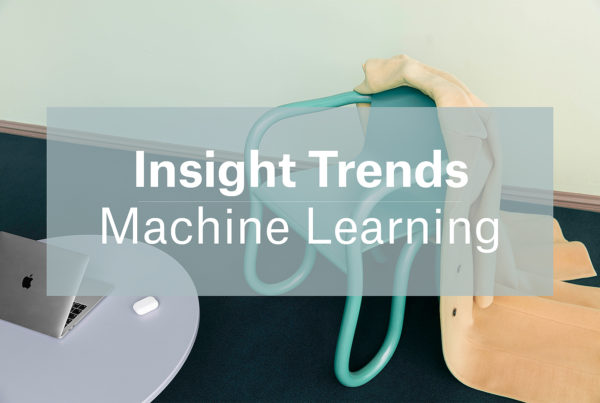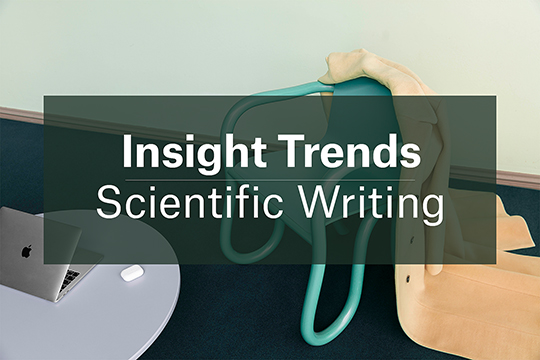The earth shifted beneath the health-tech world’s feet this past week. Although the tremors occurred in San Francisco, the activity wasn’t due to seismic activity. Rather, it was simply Apple’s unveiling of its new operating system, which includes the much buzzed-about “Health” app. Since the presentation, we’ve been following Health with a bit of wonder, glee, and consternation. Mostly notably, Health features two things:
1. A central dashboard for all types of health-related data, whereas currently most users have multiple, separate apps for various health tracking
2. “Healthkit,” which allows developers to integrate their apps into Health, and which could theoretically create usage of and access to the data
Bright and Shiny Apples Honesty time: we at MedEngine are huge Apple fans, mostly because we like innovative and game-changing technology, intuitive desktops and interfaces, and shiny things. Health looks like a promising and inspiring product. But as a small company striving for a piece of the health and wellness pie, it’s somewhat difficult to take in words like “revolutionary” when other companies have been working separately and quietly (perhaps too quietly) on similar apps and technology. We can also honestly say that as of today, we’re glad we’re not getting ready to launch a fitness app or a standalone fitness tracking product. Apple’s shadow looms large, and even in Finland’s darkness-free summers, it’ll become increasingly difficult to get the press and consumers to pay attention to their products.
Bring it Together Unifying health information into one central location, perfecting the user interface, increasing access and shareability, making it motivating and flashy — these are all positive attributes. The product will surely have a strong following in the U.S. and beyond, especially if the data is truly made accessible. Anything that helps people take control of their health and become educated about risk, treatment and long-term strategies is for the best. Fast Company says it well:
…data in health care means a lot more than answers to simple questions. Data will change our understanding of health. Instead of a handful of test results and a smattering of annual measurements in a folder, health data will increasingly be something that we generate passively, day by day, almost the way we produce CO2 or garbage. This data will flow, creating patterns and, if we choose, triggering alerts. The bigger change, however, is much of the data will be generated, shared, and consumed outside of the medical establishment. It will be ours. We will use it to manage our own lives, and we will choose doctors and other professionals to guide us in this endeavor.
The Reality, Though
Ideally your average patient would use a platform like Health to track all of their health parameters on a consistent basis, thereby providing their doctor with a wealth of information. Doctors would be able to treat their patients as individuals, rather than just another set of symptoms. However, consumers tend to abandon health fitness tracking devices quite quickly. Only die-hard heath fanatics or truly empowered patients tend to track their health rigorously over long periods of time. That, then, leaves the professionals to utilize products like Health to their full potential, rather than treating the apps and devices like luxury toys. For example, an app like Health could help doctors track patients’ drug usage habits and shed light on compliance. Lack of compliance with prescriptions stems from a range of factors, including:
a general negative opinion toward drugs • side effects (even mild ones) • costs of treatment • lack of knowledge about the nature of the disease (patients often stop taking drugs when symptoms have disappeared, failing to understand that it inevitably leads to a relapse)
Health could help assess whether patients are following dosages correctly. Whenever patients fail to comply with prescribed dosage and usage, the patient is predisposed to relapses and a more chronic course of disease. Resultant data tracked via Health would teach patients about the nature of their disease and the drugs used to treat it. It would create more trust between doctors and patients, and help determine the efficacy of drugs.
Adopt and Adapt Pharmaceutical companies, which tend to be quite slow in adopting digital technology, would benefit greatly from integrating proprietary apps with Health. Such apps would improve compliance and be part of a more comprehensive service package provided by pharma companies. And patients’ would benefit greatly because it will :
1. allow them to monitor their treatment
2. provide feedback regarding their progress (or possible regression)
3. provide insight into the disease and treatment
4. increase patients’ level of knowledge and empower their participation in treatment
But it doesn’t stop there. Health care centers in Finland and beyond need to prepare themselves. Doctors and nurses should anticipate smarter citizens that come armed with data, reports, and apps that might even exceed the quality of the antiquated tech in the health centers. Doctors and staff should also be enthusiastic about it, and encourage their patients, since collecting health data and having it analysed and neatly visualised would probably encourage them to take charge of their own health. They could see how even a seemingly minor change in their diet is reflected to their blood values, for instance. Such a situation would be not only highly empowering to the patient, but would have a beneficial long-term impact on public health and likely reduce health care costs as well.
Hello, Health
These changes were inevitable, and while many health tech companies have known that for a long time, it’s Apple’s involvement that makes such analysis and integration truly seem possible. It’s just too bad that no one was listening until Apple took the stage and declared it so.




